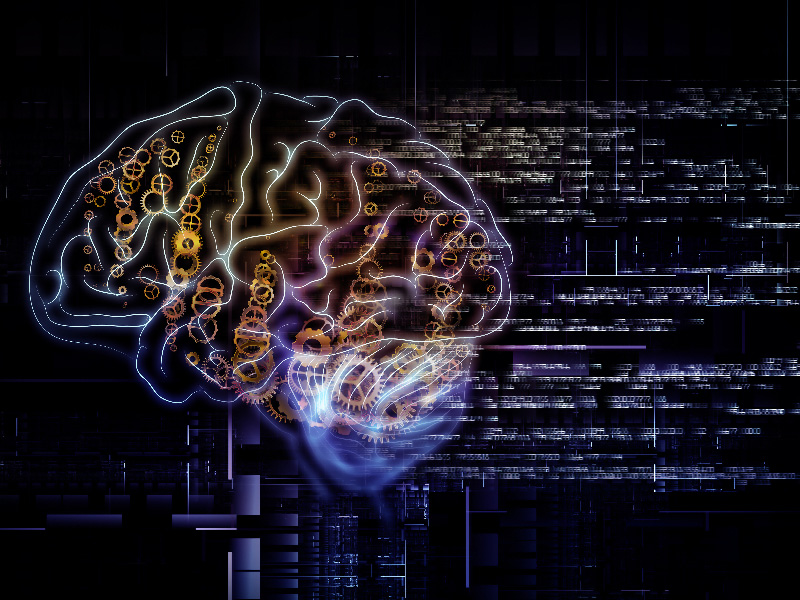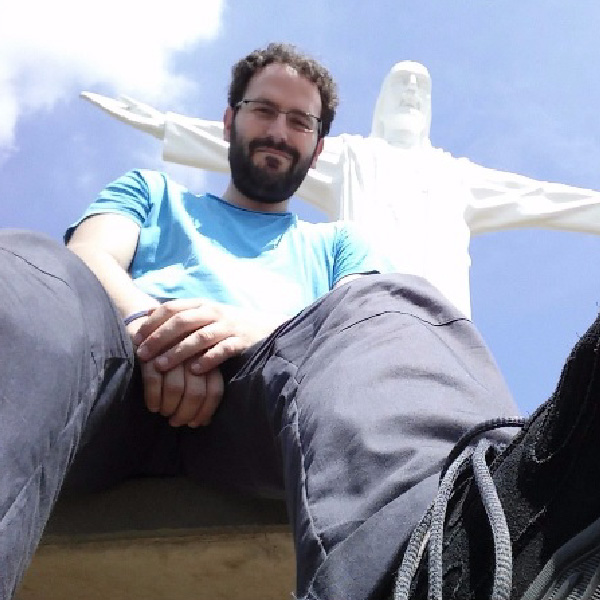Neural networks, alongside other methods, remain to this day as state-of-the-art classifiers [1]. This talk presents Extreme Learning Machines as a very specific, yet powerful, neural network classifier [2–4]. After a brief explanation of its inner workings, several applications will be proposed, not only in the field of classification, but also in terms of data visualization, exploration and mining [5].
References
[1] Fernández-Delgado, Manuel, et al., Do we need hundreds of classifiers to solve real world classification problems, J. Mach. Learn. Res 15 (2014): 3133.
[2] Huang, Guang-Bin, Qin-Yu Zhu, and Chee-Kheong Siew, Extreme learning machine: a new learning scheme of feedforward neural networks, Neural Networks,2004. Proceedings. 2004 IEEE International Joint Conference on. Vol. 2. IEEE, 2004.
[3] Huang, Guang-Bin, Qin-Yu Zhu, and Chee-Kheong Siew, Extreme learning machine: theory and applications, Neurocomputing 70 (2006) 489.
[4] Huang, Guang-Bin, et al., Extreme learning machine for regression and multiclass classification, IEEE Transactions on Systems, Man, and Cybernetics, Part B (Cybernetics) 42 (2012) 513.
[5] Becerra-Alonso, David, Mariano Carbonero-Ruz, and Francisco Fernández-Navarro, Using Extreme Learning Machines to cluster supervised data before classification, No Lineal 2016: 19.
David Becerra Alonso, PhD
Universidad Loyola Andalucía, Seville, Spain
David Becerra Alonso received a B.S. degree in physics at Universidad de Córdoba in 2005, where he specialized in the simulation of physical systems. He obtained his PhD in the School of Computing at the University of the West of Scotland in 2010, where he worked on dynamical chaotic systems. He also has a Masters degree in Bioinformatics form Universidad Internacional de Andalucía. He currently holds a position as a lecturer at Universidad Loyola Andalucía, in southern Spain. He collaborates with the research group AYRNA, from Universidad de Córdoba. His research interests include dynamical systems, emergent collective behavior, and machine learning techniques and heuristics.

